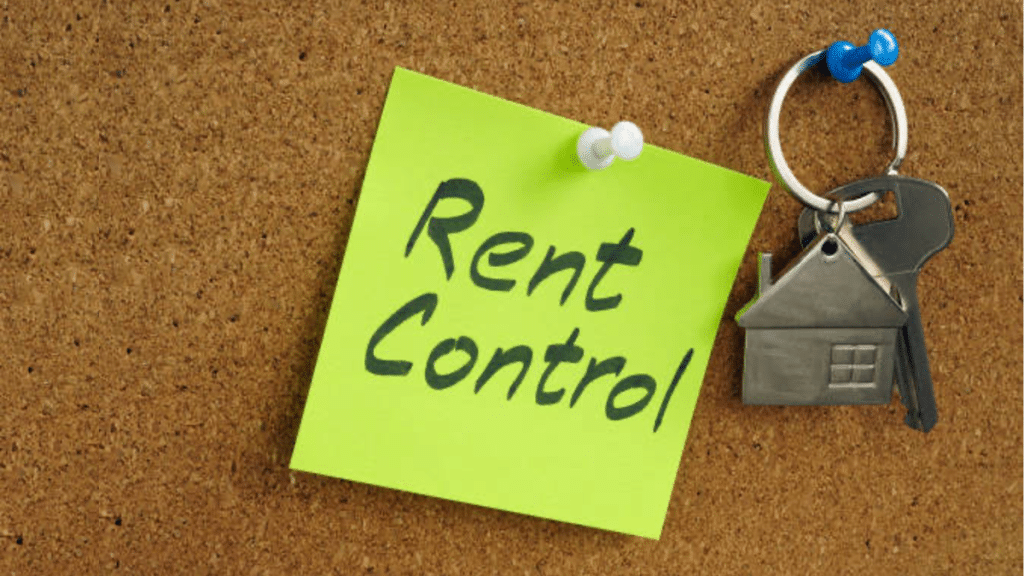Make better real estate decisions when understanding how housing policies affect your potential rental income. It might seem like a good idea to upgrade your rundown apartment in a high-value neighborhood, make a few cosmetic changes, and charge way more in rent to recoup your expenses. However, if that location is subject to strict rent control policies, it could cap your rental income and ultimately your profits. That’s why some investors are opting to buy manufactured homes to cut costs on building, but still charge a decent amount as rent.
These laws provide rental stability to tenants but can stifle growth and upgrades by dissuading landlords. As a result, this dynamic creates a complex ripple effect, so here’s how rent control impacts landlords and tenants:
Understanding Rent Control Regulations
Familiarization with Local Rent Laws
Understanding local rent laws can help you make better decisions for your rental portfolio. Despite most policies putting a cap on how much you can increase your rent, the percentage and frequency differ across states and even counties. It can even extend to other regulations on the conditions for evictions and exemptions for specific properties like new constructions or owner-occupied buildings. Thus, it would be wise to familiarize yourself with these rights and obligations so you don’t make a legal blunder.
Impact of Rent Control on Landlords
1. Smaller Profits
Consider how rental caps affect your revenue expectations in the face of rising costs. Despite property taxes, maintenance costs, and inflation making running a rental property more expensive, landlords often face restrictions with rental limits that are slow to adjust to these metrics. As a result, you could find that your property isn’t as profitable as it initially was a couple of years ago. As you’d expect, most investors try to keep their profit margins intact by halting improvements and even becoming negligent with property standards. Bay Property Management Group emphasizes that documentation is important for landlords to comply with all legal requirements before increasing rental rates.
2. Shift in Investment Decisions
Expect slower growth in neighborhoods with restrictive rent control policies. Aside from making rental investments in such areas less profitable, rent control laws can disincentive landlords from making necessary repairs or spending on home improvements. With a cap above their head, such maintenance and upgrades would ultimately yield very little profit, if at all. New investors are also less likely to take on new construction projects which are significantly more expensive, preferring to stay in neighborhoods with fewer restrictions.
Impact of Rent Control on Tenants

1. Rental Stability
Tenants in Baltimore have rights when landlords imply rent increases, and by putting a cap on how much property owners can charge, renters can maintain affordable housing even with rising rental costs. For example, it’s common for properties to become more expensive as the area grows and more public amenities become available. However, if a property’s value doubles within the year, renters stand the risk of being driven out of their homes as landlords hike prices. With rent control laws, tenants can enjoy greater housing security at an affordable rate.
2. Risk of Housing Shortage
Anticipate reduced housing supply in areas with stiff rent control laws. After building a new unit, investors expect to recoup their funds within a reasonable amount of time considering they typically still have mortgage payments. They’re more likely to stay away from places that limit their profit potential, making rented apartments scarce in such neighborhoods. This increased competition could ultimately drive up prices and force tenants to look for homes in more expensive or less suitably located places.
3. Lower Housing Quality
Expect properties subject to harsh rent control policies to drop in quality. It’s almost inevitable for landlords to neglect their property once rent control laws put caps that make it impossible to recoup a profit even with minor maintenance. The mismatch with higher operation costs vs dwindling profits makes property neglect inevitable, which reduces housing quality for tenants in the long run. On the other hand, houses in unrestricted markets are more likely to see investors willing to make regular upgrades that eager tenants are willing to pay for.
Conclusion
Evaluating the effects of rental control on your investment and tenants can help you make better decisions in the long run. Despite giving tenants more housing stability at an affordable rate, strict rent control policies can cause housing shortages by discouraging investors. After all, no one wants to collect peanuts in rent after spending a fortune on building materials, appliances, and property taxes.
As an investor, understanding how these policies affect your rental income can help you balance rental maintenance and upgrades against rent control caps, without reducing your profit margin. Hiring a professional property manager can help reduce some of the strain and introduce sustainable maintenance policies that maximize your profit.
